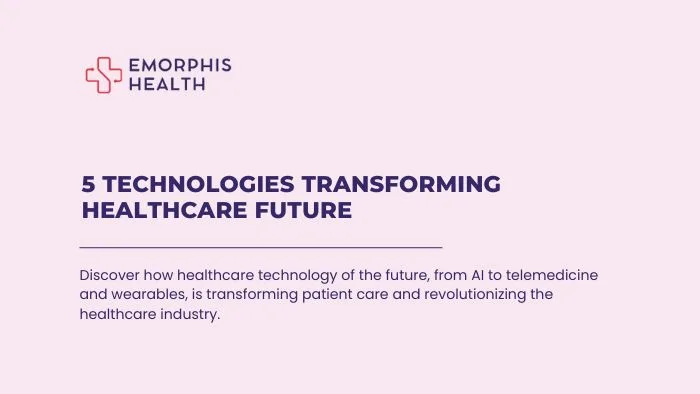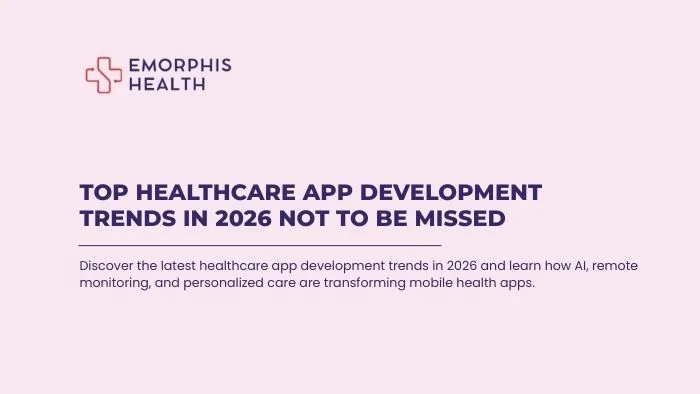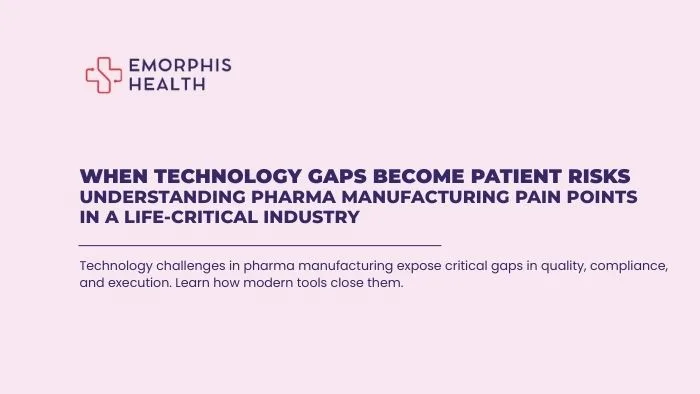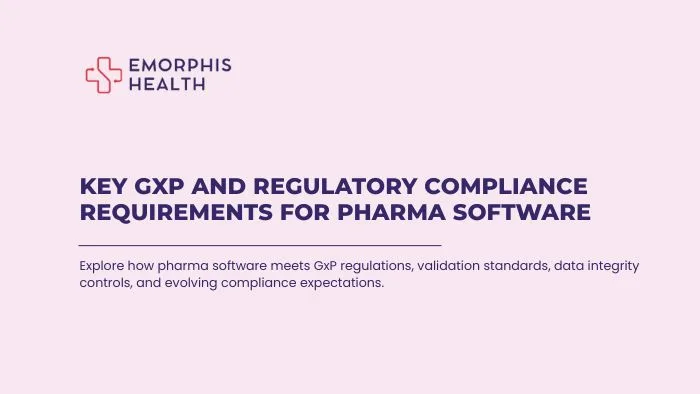Overview
See Contents
- 1 Overview
- 2 1. AI in Healthcare: Transforming the Future
- 3 2. Telemedicine: Bridging the Gap Between Patients and Providers
- 4 3. Wearable Devices: Real-Time Health Monitoring
- 5 4. Personalized Medicine: Tailored Treatments for Optimal Outcomes
- 6 5. Virtual Reality (VR) and Augmented Reality (AR): Enhancing Training and Treatment
- 7 Conclusion: Healthcare Technology of the future
The world of healthcare is undergoing a digital revolution. With groundbreaking advancements at every corner, healthcare technology of the future is not just a vision—it’s becoming a reality. From artificial intelligence to wearables, the way we deliver and receive healthcare will soon be unrecognizable compared to today. So, what’s shaping the healthcare technology of the future? Let’s dive into the game-changing innovations that are set to redefine the healthcare industry.
1. AI in Healthcare: Transforming the Future
When it comes to the healthcare technology of the future, artificial intelligence (AI) is leading the way. AI in healthcare is far beyond just hype—it’s already helping doctors make faster, more accurate diagnoses, improving patient outcomes, and even predicting health issues before they become critical.
Take diagnostics, for instance. AI-powered tools are analyzing vast amounts of data in real time, recognizing patterns and early signs of diseases that humans might miss. Imagine a world where an AI system scans your medical history and predicts your risk for certain diseases, allowing doctors to intervene early. That’s the promise of AI in healthcare, and it’s shaping the future.
AI is also making waves in administrative healthcare tasks. From scheduling appointments to managing patient data, AI systems are helping hospitals run smoothly and efficiently. This is why AI in healthcare is widely seen as a game changer that will reduce human error and boost operational efficiency.
Moreover, healthcare technology of the future relies on AI to personalize patient care. By analyzing genetic data, lifestyle factors, and medical records, AI can recommend highly specific treatment plans. This leads to better outcomes and helps prevent unnecessary treatments.
2. Telemedicine: Bridging the Gap Between Patients and Providers
If the pandemic taught us anything, it’s that healthcare doesn’t always require an in-person visit. Enter telemedicine—a critical component of the healthcare technology of the future. Telemedicine app development solutions allows healthcare providers to diagnose, consult, and treat patients remotely, making healthcare accessible to more people than ever before.
For patients in rural or underserved areas, telemedicine bridges the gap between limited local resources and the specialized care they need. Even after the pandemic, telemedicine is poised to become a permanent fixture in healthcare technology of the future, providing a convenient and efficient way to deliver care.
Moreover, remote healthcare offers major advantages in chronic disease management. Patients with conditions like diabetes or hypertension can have their vitals monitored remotely, reducing the need for constant hospital visits. As healthcare technology of the future advances, telemedicine will become even more integral to keeping patients healthier, longer.
3. Wearable Devices: Real-Time Health Monitoring
Wearable app development technology is no longer just for counting steps—it’s an essential part of the healthcare technology of the future. Devices like smartwatches, fitness bands, and wearable ECG monitors are revolutionizing how patients manage their health.
These wearable healthcare devices give real-time data on a patient’s heart rate, sleep patterns, and activity levels, providing doctors with an ongoing stream of health data. Whether it’s monitoring irregular heartbeats or detecting early signs of dehydration, wearable devices have evolved into sophisticated tools that empower both patients and doctors.
With the integration of IoT (Internet of Things), wearables will play an even bigger role in healthcare technology of the future. They will automatically sync with healthcare systems, alerting physicians when they detect alarming trends. For example, in elderly care, wearables can detect falls and immediately notify family members or emergency services.
The healthcare technology of the future will be defined by a proactive approach to care, where wearable devices keep doctors updated on patient conditions, even when they’re miles apart.
4. Personalized Medicine: Tailored Treatments for Optimal Outcomes
Gone are the days of one-size-fits-all treatments. With personalized medicine, the healthcare technology of the future is offering treatments tailored to individual genetic makeup, lifestyle, and medical history. This is precision healthcare at its best.
By using genomic data and AI-driven insights, personalized medicine enables healthcare providers to develop highly targeted therapies. For instance, cancer treatment can now be personalized to suit the specific mutations in a patient’s tumor, drastically improving treatment effectiveness. Healthcare technology of the future also includes the potential for genetic editing techniques like CRISPR, which can modify disease-causing genes, offering hope for patients with genetic disorders.
In the future, instead of generic prescriptions, you could receive medication customized for your body’s unique chemistry. This innovation in healthcare technology promises better outcomes, fewer side effects, and treatments that evolve with individual patient needs.
5. Virtual Reality (VR) and Augmented Reality (AR): Enhancing Training and Treatment
Virtual reality and augmented reality are not just for gaming—they’re becoming powerful tools in the healthcare technology of the future. Medical professionals are using VR to simulate surgeries and practice complex procedures, enhancing their skills without putting real patients at risk.
AR, on the other hand, provides real-time assistance during surgeries. Surgeons can wear AR glasses that display patient vitals or anatomical maps directly on their field of vision. This allows them to stay focused on the task while accessing critical information instantly.
The healthcare technology of the future is also using VR and AR to improve patient outcomes. For example, VR is being used in pain management and mental health treatment. Patients can be guided through calming virtual environments to manage anxiety, or receive exposure therapy in controlled VR simulations.
These advancements are making medical education and patient care more immersive and effective, marking VR and AR as major players in healthcare technology of the future.
Conclusion: Healthcare Technology of the future
The healthcare technology of the future is already here, pushing the boundaries of what’s possible in medicine. From AI-driven diagnostics to wearable devices and personalized treatments, healthcare is becoming smarter, more efficient, and more accessible than ever before. As these technologies continue to evolve, they will reshape the entire healthcare landscape, offering hope for improved patient outcomes, streamlined processes, and greater accessibility worldwide.
With the right blend of innovation and practical application, healthcare technology of the future will not only transform how we treat diseases but also how we prevent them. The future of healthcare is bright, and it’s happening right now.







